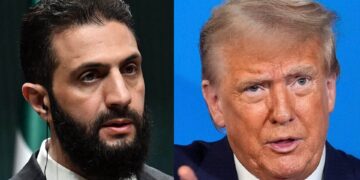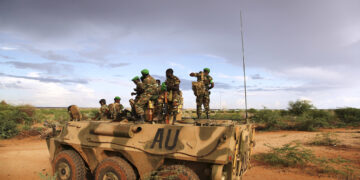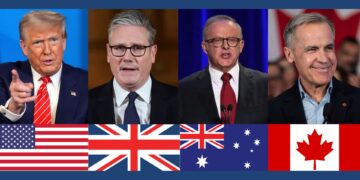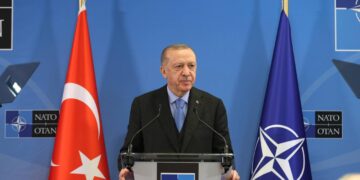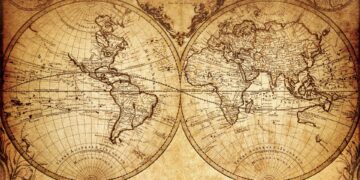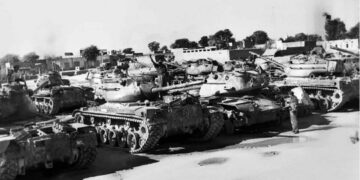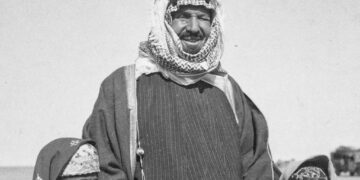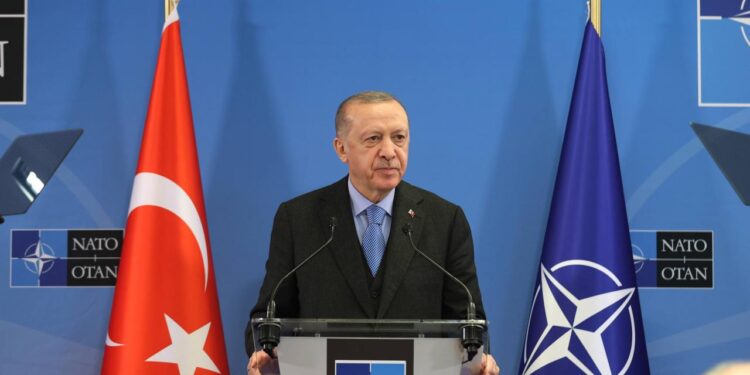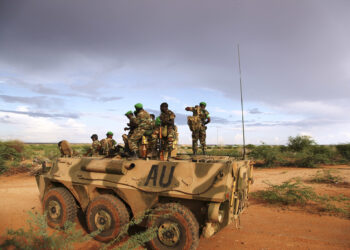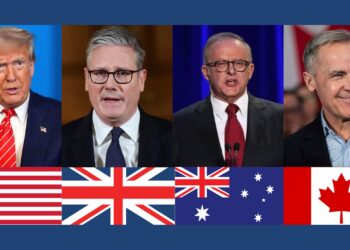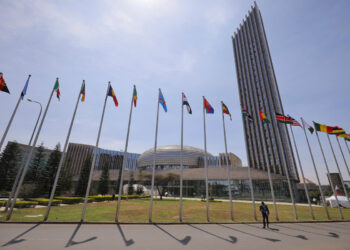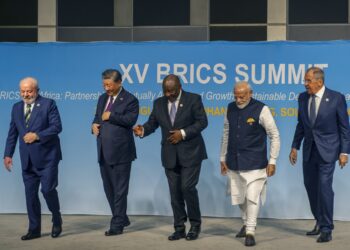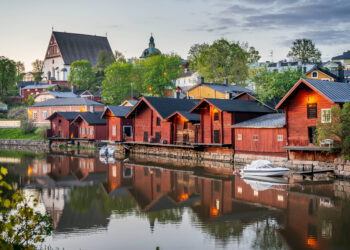Turkey has long stood at the crossroads of civilizations, geography, and power politics. Today, that position is more pronounced than ever. As global rivalries sharpen between the West and rising powers in the East, Ankara finds itself walking a tightrope—leveraging its unique geography and history to balance competing interests while pursuing its own strategic autonomy.
On one side lies Turkey’s Western alignment. As a NATO member and a country deeply intertwined with European economies, Turkey continues to rely on the West for trade, investment, and security guarantees. The promise of closer ties with the European Union, though stalled, still carries symbolic weight, particularly for domestic politics and Turkey’s place in the global economy.
On the other side is Turkey’s Eastern pivot. Its deepening relations with Russia, China, and Gulf states reveal a pragmatic approach to foreign policy. Energy partnerships with Moscow, infrastructure cooperation with Beijing, and trade with the Gulf provide Ankara with alternatives that reduce its dependence on the West and open space for maneuver.
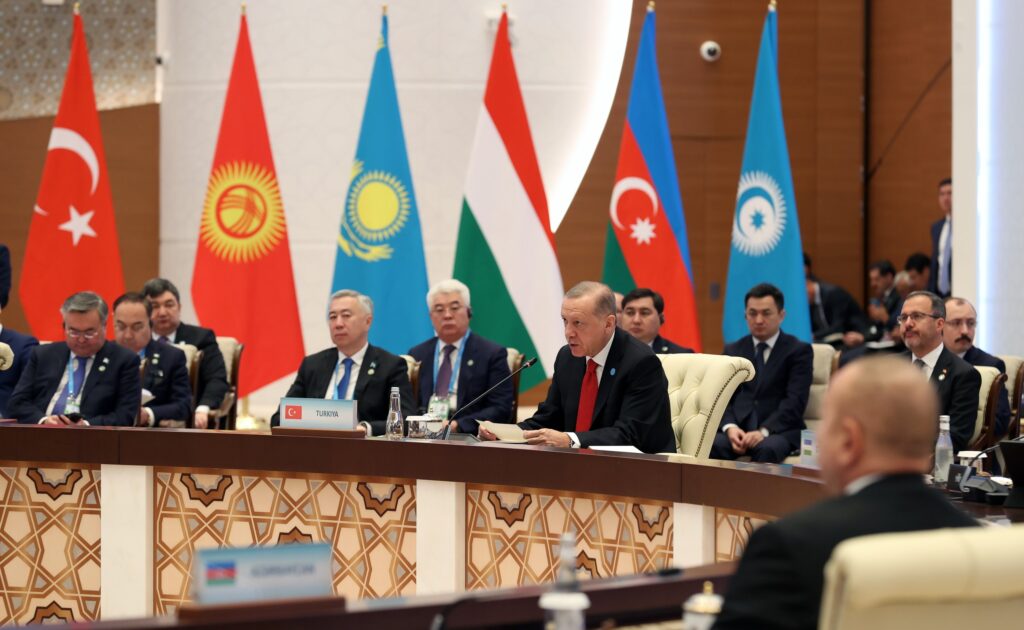
This balancing act is not without risks. Critics argue that Turkey risks alienating its Western allies while never fully gaining the trust of its Eastern partners. Economic vulnerabilities, political polarization at home, and involvement in regional conflicts—from Syria to the Caucasus—add layers of complexity to its balancing strategy.
Yet, Turkey also gains leverage from ambiguity. By refusing to fully commit to one side, Ankara maximizes its bargaining power. The West cannot afford to lose Turkey’s geostrategic position, while the East values its role as a gateway to Europe and NATO. This dual identity gives Turkey influence far greater than its economic or military weight might otherwise allow.
Ultimately, Turkey’s balancing act reflects the realities of a multipolar world. No longer content to be a junior partner in Western alliances, Ankara is testing a model of foreign policy rooted in independence, pragmatism, and regional assertiveness. Whether this strategy brings long-term stability or exposes Turkey to new vulnerabilities remains uncertain. But one thing is clear: in a world defined by shifting power centers, Turkey’s ability to balance East and West makes it one of the most pivotal actors of our time.


